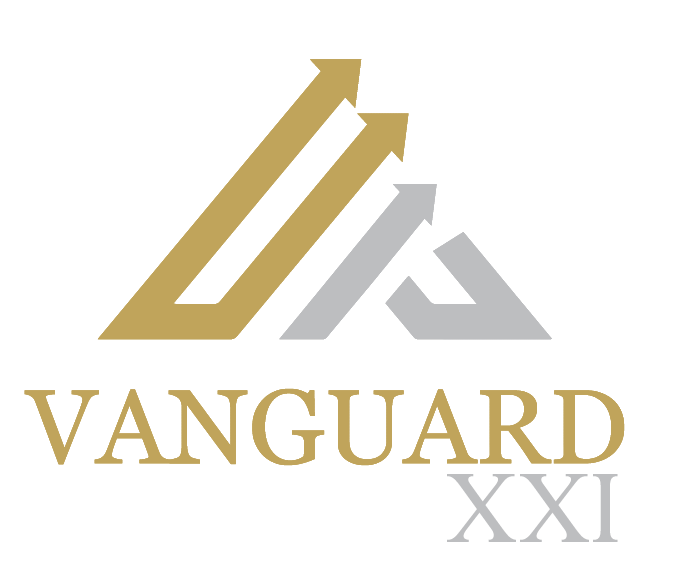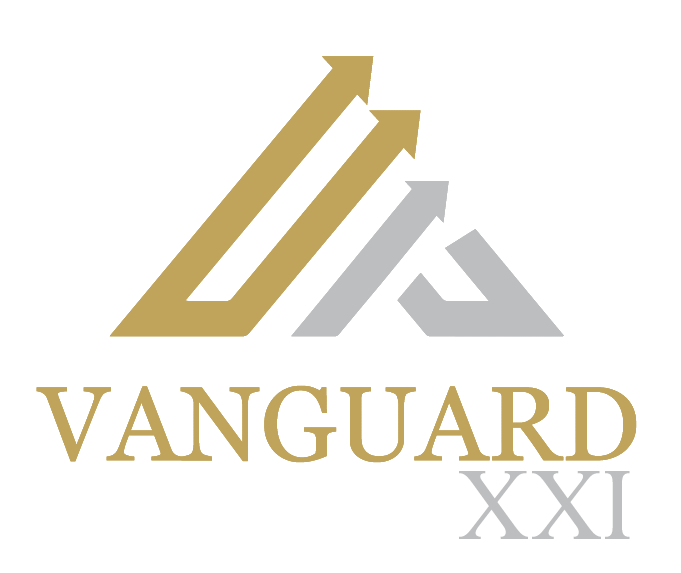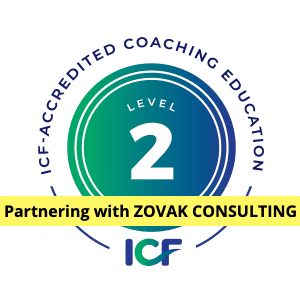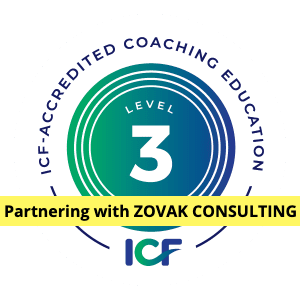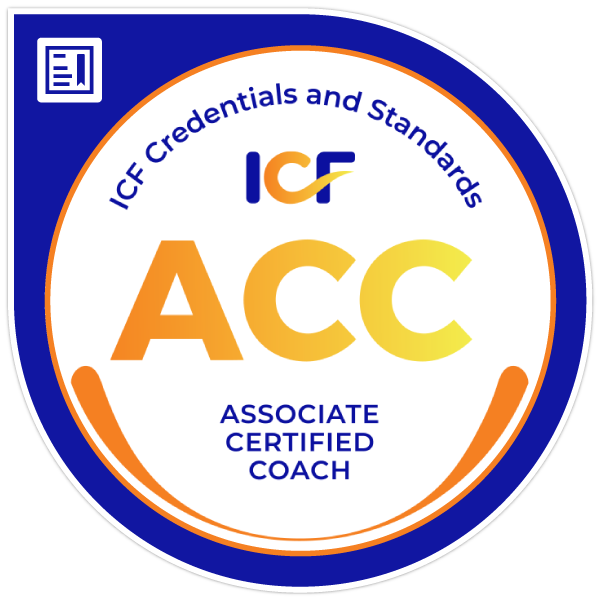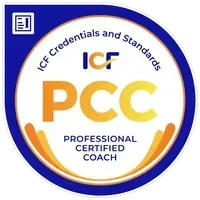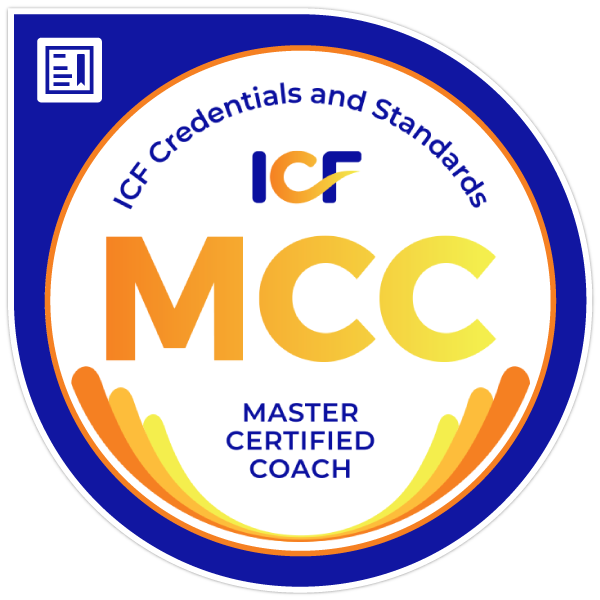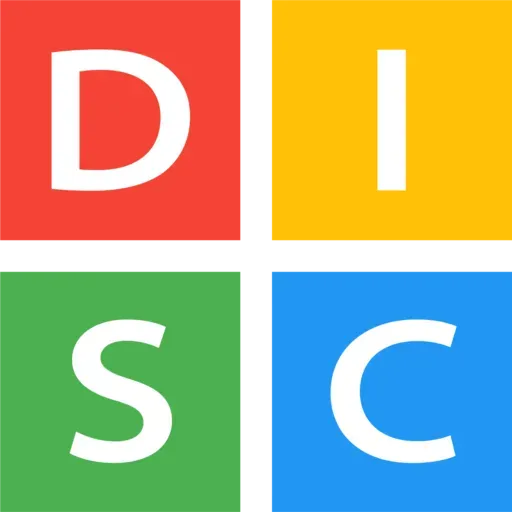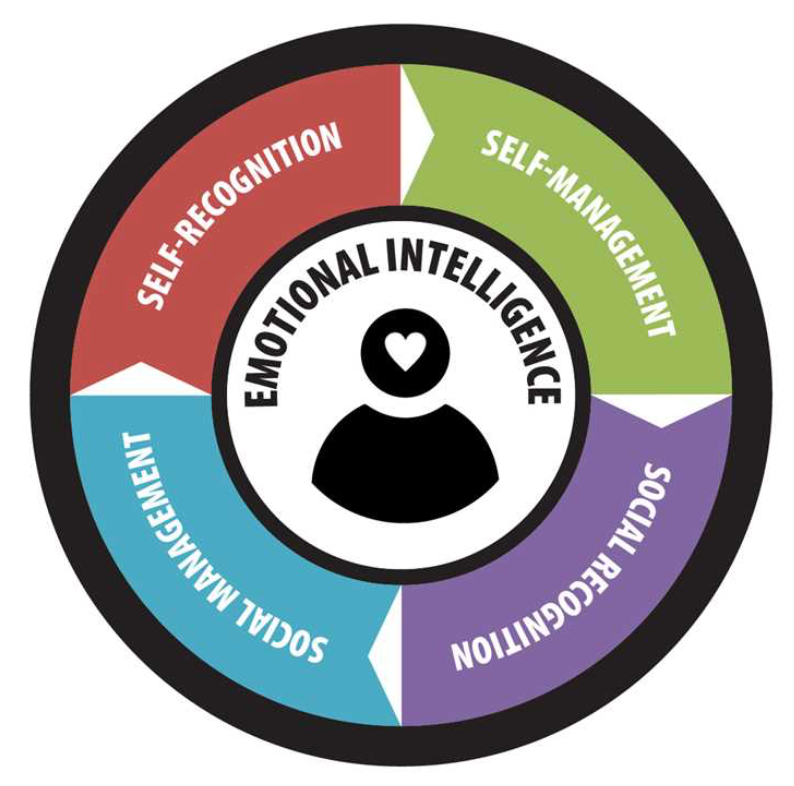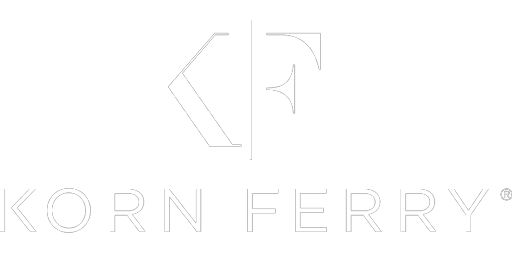The Intersection of Ethical Leadership and Executive Coaching: Why It Matters
For emerging and established leaders alike, stepping into positions of influence is both thrilling and deeply challenging. The pressure to perform, the responsibility to inspire, and the drive to create lasting impact demand more than skill—they require ethical clarity, emotional intelligence, and a deep commitment to character.
At the core of ethical leadership lies trust. Trust that is earned, not assumed. Trust that is cultivated, not commanded. And just as vowels are essential for language to function, ethical principles are essential for leadership to resonate. Without them, communication falls flat, teams fracture, and progress stalls.
Executive coaching, when grounded in ethics, becomes the catalyst that reinforces and sustains character-driven leadership. It equips leaders to move from reactive management to intentional influence—where every decision reflects integrity, empathy, and long-term vision.
Here’s a coaching framework, built on the A, E, I, O, and U “vowels” of leadership, that illustrates this intersection:
A – Assess with Integrity
Great leaders don’t just assess performance—they assess influence. Ethical leadership starts with knowing who truly shapes the culture. Titles don't equal trust. Coaching helps leaders identify the quiet influencers who embody values, drive morale, and align with the mission.
E – Enlist Trusted Allies
Every ethical leader needs a circle of truth-tellers. A coaching culture fosters the development of teams grounded in integrity—people who challenge, support, and protect the mission. These “allies” speak truth, hold space for growth, and serve as a sounding board in complex decisions.
I – Identify and Address Toxicity
Ethical leadership doesn't mean tolerating destructive behavior under the guise of development. Some individuals undermine cohesion and values. Coaching empowers leaders to draw clear boundaries—develop the willing, but protect the whole by removing what threatens trust.
O – Observe with Empathy
Observation is more than oversight. It's the practice of empathetic leadership. Through coaching, leaders develop emotional intelligence to read both spoken and unspoken dynamics, understanding how culture is shaped in the hallways, not just in the handbooks.
U – Utilize Coaching as a Culture
When leaders utilize coaching as a daily practice—not just a program—they cultivate environments where feedback flows, growth is constant, and hierarchy gives way to empowerment. Ethical leadership thrives where coaching transforms how people think, communicate, and grow.
Final Thought:
Ethical leadership and executive coaching aren’t separate ideas—they’re interconnected disciplines. One without the other creates gaps. But when combined, they build resilient teams, aligned cultures, and enduring trust.
Buy the vowels. Lead with character. Coach with purpose. And build a legacy defined not just by success—but by how you got there.
